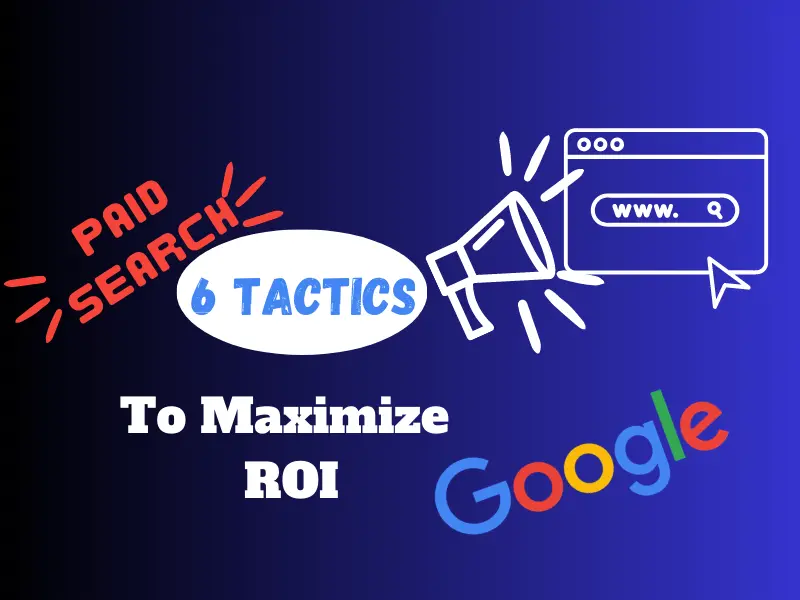In today’s fast-paced digital landscape, it is crucial to establish a powerful personal branding strategy for professionals and entrepreneurs. Just like a corporate brand represents a business entity, a personal brand represents “you” on an individual level.
To successfully navigate the world of personal branding, social media is where you should begin. In this article, we will explore the key steps and expert advice on how to build a strong personal brand on social media for your small business.
Here at the main steps to create a Personal Branding Strategy:
1. Embrace the Power of Personal Branding Strategy
2. Harness the Potential of Social Media
4. Identify Your Areas of Expertise
5. Craft a Strong Brand Statement for a Personal Branding Strategy
6. Establish a Web Presence for a Personal Branding Strategy
8. Leverage Social Media Analytics
9. Ensure Consistency Across Platforms
11. Collaborate with Influencers
1. Embrace the Power of Personal Branding Strategy
Unlock the potential of personal branding for your small business, as demonstrated by success stories like The Kardashians who turned their personal brand into a multimillion-dollar business.
By acknowledging the impact your personal brand can have on your career or business, you can embrace the opportunities it presents. Strive to become an influencer in your own right, share relevant content, build your following, and establish yourself as a trusted authority in your industry.
Do you want more examples besides The Kardashians? There is a laundry list of cases of Small Business owners who went viral and built their fortune that way. The viral popularity of a random sandwich place (All’Antico Vinaio) in Italy led to significant attention and enabled the owner to expand their business by opening franchises worldwide.
Anyone can create a Personal Brand for Small Businesses.
2. Harness the Potential of Social Media
Social media platforms offer a powerful tool to establish your personal identity, build your image, and stand out in your industry. Small business owners from various fields recognize the significance of personal branding on social media and leverage it to achieve their business and professional goals.
Discover how you can quickly increase your follower base on platforms like Instagram and leverage social media’s potential for your small business.
3. Define Your Branding Goals
To effectively brand yourself and your small business on social media, it is crucial to define your branding goals. What do you want to achieve? Whether it’s increasing brand visibility, establishing credibility, differentiating yourself from the competition, or generating more sales, having clear goals will shape your personal branding strategy on social media.
4. Identify Your Areas of Expertise
Defining your areas of expertise is a vital step in personal branding for small businesses. Showcase what you stand for and how you want to be recognized. Incorporate your interests and skills in your social media profile descriptions to enhance your visibility in relevant search results. Authenticity is key to building trust with your audience, so be genuine and true to yourself.
5. Craft a Strong Brand Statement
A brand statement allows you to connect with your audience and define yourself succinctly as a brand. Highlight your areas of expertise, values, and unique selling points to create a compelling brand statement that resonates with your target audience. Your brand statement should reflect your mission, vision, and the value you bring to your customers.
You may ask, what is the difference between vision and mission? The mission statement is about what the company does, while the vision statement is about what the company wants to achieve.
Here is an example with Apple:
- Apple’s mission statement is “to bring the best user experience to customers through innovative hardware, software, and services.”
- Apple’s vision statement is “to make the best products on earth and to leave the world better than we found it.”
Crafting a strong brand statement helps you differentiate your small business and leave a lasting impression.
6. Establish a Web Presence
A robust web presence is essential for personal branding on social media. Utilize multiple social media channels, create a personal blog, and ensure your profiles are consistently updated across platforms like Facebook, Instagram, Twitter, and YouTube.
Consistency in design elements and brand messaging reinforces your brand recognition. Use the same font, tone, and visual elements to create a cohesive and professional image across all platforms.
7. Develop The Strategy
Similar to a corporate branding strategy, your personal branding on social media requires a consistent content strategy. Create high-quality content that aligns with your goals, engages your audience, and drives traffic to your website.
Establish a content calendar and focus on providing value through your personal experiences, knowledge, and skills. Share insights and tips that resonate with your target audience, positioning yourself as an expert in your industry.
8. Leverage Social Media Analytics
Regularly analyze social media analytics to assess the effectiveness of your personal branding strategy. Understand your audience, measure engagement, and make data-driven decisions to refine your approach and achieve better results.
Experiment with different content formats, such as videos, photos, and topics, and track the performance of your posts. Learn from your insights and adjust your strategy accordingly to optimize your results.
9. Ensure Consistency Across Platforms
Maintain consistency in your brand voice, image, and tone across all social media channels. Consistent visual elements, such as logos, color schemes, and design themes, help people recognize your brand easily and establish a sense of familiarity. Use templates or style guides to ensure a cohesive brand identity throughout your online presence.
10. Engage and Be Responsive
Actively engage with your audience by responding to comments, questions, and discussions. Building strong relationships with your followers fosters loyalty and trust.
Utilize features like daily stories or live videos to provide real-time updates and keep your audience engaged. Show genuine interest in your followers’ feedback and opinions, and encourage two-way communication to build a community around your small business.
11. Collaborate with Influencers
Partnering with influencers relevant to your niche can significantly enhance your personal branding efforts for your small business. Influencers have a dedicated following and can lend authenticity and authority to your brand.
Collaborate with them to expand your reach, gain exposure to their audience, and connect with your target customers. Seek mutually beneficial partnerships that align with your brand values and objectives.
Conclusion
By mastering personal branding for your small business on social media, you can establish a strong presence, differentiate yourself from the competition, and achieve your business goals.
Embrace the power of personal branding, harness the potential of social media, and follow the key steps outlined in this guide to build an impactful and influential brand that resonates with your target audience. Start today and unlock the full potential of personal branding for your small business.
You may also be interested in this other article: How to Grow your Small Business with Marketing




Pingback: A Marketing Lesson from Barbie’s Malibu Airbnb